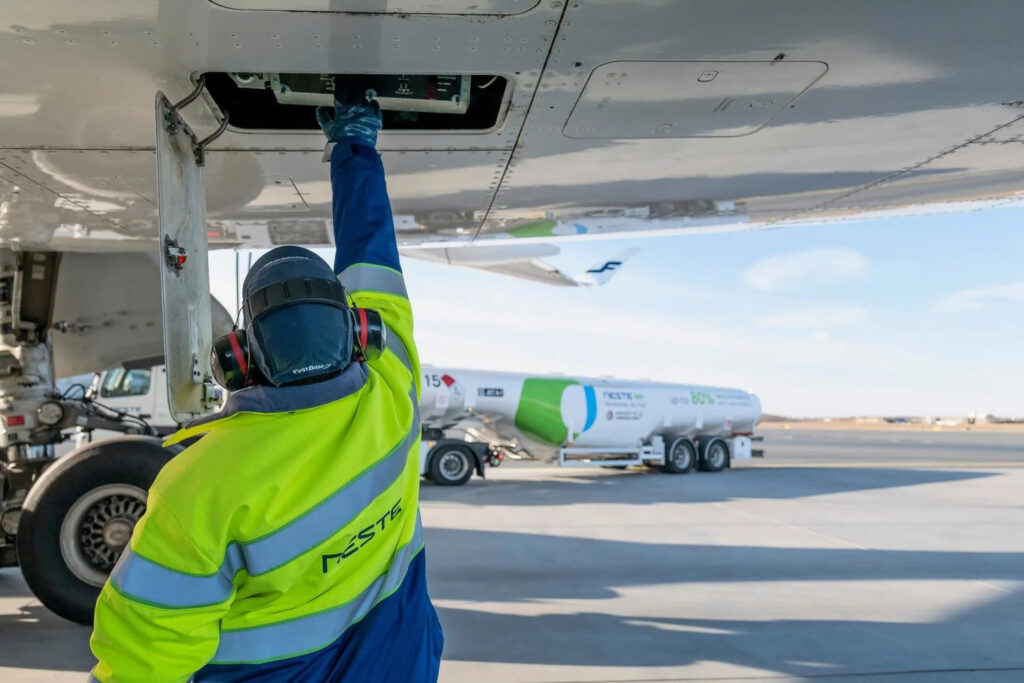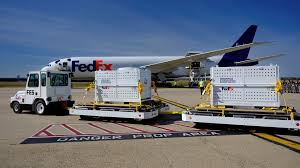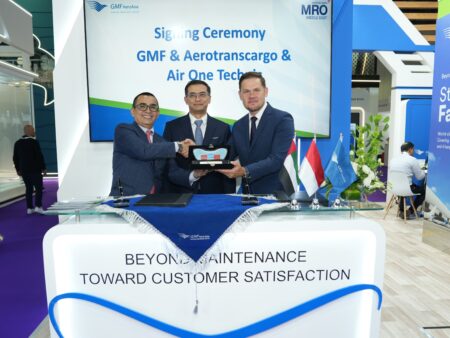SAF production doubled in 2024 but remains below forecasts. IATA calls for policy reforms to boost renewable fuel growth.

The International Air Transport Association (IATA) has reported slower-than-expected growth in Sustainable Aviation Fuel (SAF) production. While SAF production doubled in 2024 to 1 million tonnes (1.3 billion litres), it accounted for just 0.3% of global jet fuel output, falling short of the projected 1.5 million tonnes.
Key Updates:
- 2024 Production: 1 million tonnes (0.3% of jet fuel, 11% of global renewable fuel).
- 2025 Forecast: 2.1 million tonnes (0.7% of jet fuel, 13% of renewable fuel).
- Delays in US SAF facilities pushed scaling efforts to 2025.
Willie Walsh, IATA’s Director General, highlighted the mixed signals governments send by subsidising fossil fuels while failing to incentivise renewable energy adequately. He emphasised the potential for SAF investment, stating, “Airlines are eager to buy SAF. Governments must replace fossil fuel subsidies with strategic production incentives to accelerate decarbonisation.”
Industry transition crucial for global economy
Marie Owens Thomsen, IATA’s Senior VP for Sustainability, stressed aviation’s role in the global energy transition. “Renewable refineries will produce fuels for various industries, with only a minor share going to SAF. Governments must boost renewable energy production, ensuring airlines access their fair share,” she said.
To meet net-zero targets by 2050, IATA estimates the need for 3,000–6,500 new renewable fuel plants, requiring $128 billion in annual investments over 30 years—less than half the investment in wind and solar energy markets between 2004 and 2022.
Immediate measures to accelerate SAF adoption:
- Increase Co-Processing: leverage existing refineries for renewable feedstocks, potentially saving $347 billion in capital expenditure.
- Diversify Pathways: Invest in alternative SAF pathways like Alcohol-to-Jet (AtJ) and Fischer-Tropsch (FT), reducing reliance on HEFA methods.
- Global SAF Registry: Develop a transparent framework to track SAF purchases, ensuring compliance and preventing double-counting.
Passenger support for SAF
An IATA survey revealed strong public backing for SAF, with 86% of travelers urging governments to prioritize SAF production incentives and oil companies to supply SAF to airlines.
Walsh concluded, “The transition to SAF demands immediate action. Governments must follow wind and solar models to drive renewable fuel expansion while reducing reliance on fossil fuels.”











